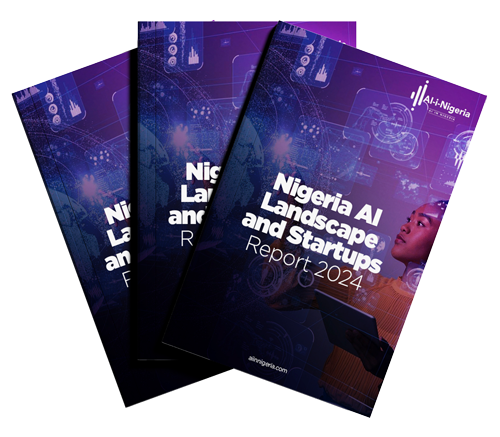In an era where artificial intelligence (AI) is no longer a futuristic concept but a present-day reality, businesses across various sectors are eager to integrate this technology into their operations. However, the rush to adopt AI often leads to hasty decisions without proper evaluation. This is where the concept of AI Readiness Assessment becomes crucial.
The Need for AI Readiness Assessment:
Organisations must understand what it entails before diving into the AI programme and assess where they are via the technology requirements and other factors. AI Readiness Assessment is not just a preliminary step; it's a strategic process determining how prepared an organisation is to implement and leverage AI technologies effectively. This assessment covers various aspects, including technical infrastructure, data readiness, workforce capability, and organisational culture.
Key Components of AI Readiness
Technical Infrastructure: Assessing if the current IT infrastructure can support AI technologies is vital. This includes evaluating hardware capabilities, software compatibility, and network stability.
Data Quality and Availability: AI systems are only as good as the data they are fed. Organisations must ensure access to high-quality, relevant data and the means to process it efficiently.
Workforce Capability: It's essential to have a team with a suitable skill set. This includes data scientists, AI specialists, and employees who can work alongside AI tools.
Organisational Culture: AI adoption requires a culture that supports innovation and continuous learning. It's vital to assess if the organisation's culture is adaptable to the changes AI will bring.
Benefits of Conducting an AI Readiness Assessment:
Risk Mitigation: It helps identify potential challenges and risks, allowing organisations to develop strategies to address them effectively.
Resource Optimisation: By understanding the gaps in their current setup, organisations can allocate resources more efficiently.
Strategic Planning: It aids in aligning AI initiatives with business goals, ensuring that the adoption of AI drives value.
Employee Engagement: Involving employees in the readiness assessment can enhance their engagement and readiness for change.
Embarking on an AI Readiness Assessment before investing in AI technologies is not just a precaution; it's a strategic necessity. It ensures that organisations are not just jumping on the AI bandwagon but are doing so with a clear understanding of their capabilities and needs. This approach leads to more successful AI integrations, driving innovation and competitive advantage in the long run.
Before taking the AI leap, talk to AI in Nigeria to help assess your plan and prepare. Your organisation's successful journey into AI depends on it.
Get in touch via hello at ai in nigeria dot come


